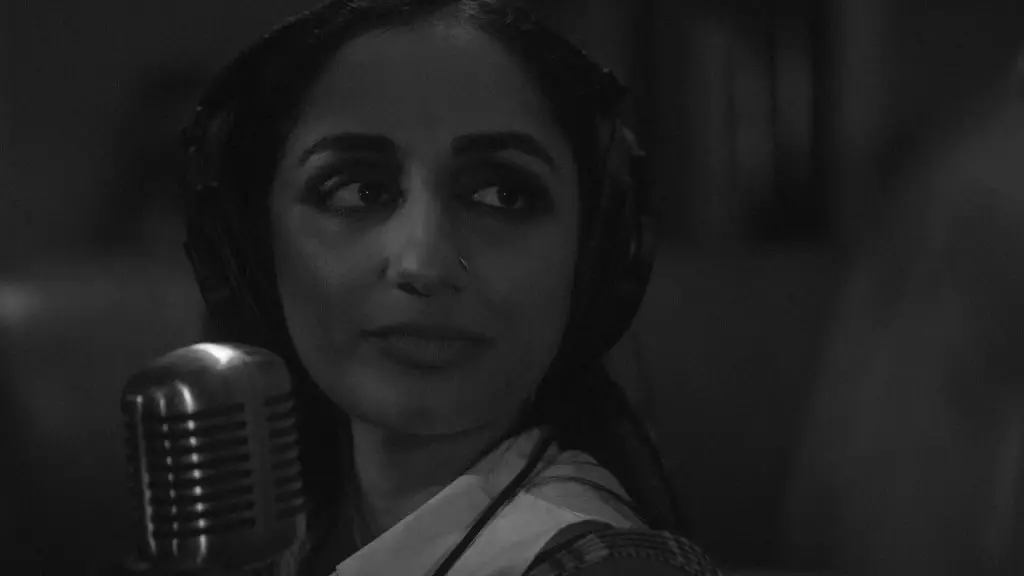Kiran Deol is stepping into new territory as she transitions from her successful podcasting career to the world of film with her leading role in the zombie comedy, “Didn’t Die.” This film, premiering at the Sundance Film Festival, marks a significant moment for Deol, who is primarily known for her work on the podcasting scene. In “Didn’t Die,” directed by longtime collaborator Meera Menon, Deol embodies the character of Vinta, a post-apocalyptic podcast host who masks her profound fears with a veil of humor and irony.
The film transports viewers to a dystopian world where “biters” terrorize the populace, paralleling the struggles faced by those confined to quarantine, including Vinta’s own family. As her ex-boyfriend arrives with a baby, the carefully constructed facade of humor and distance begins to unravel, bringing Vinta’s vulnerabilities to the forefront. Deol’s portrayal promises not only laughs but also poignant moments that reveal the deeper emotional currents in a world ravaged by chaos.
Deol’s background as a podcaster significantly informs her approach to the character. Having previously hosted “Hysteria,” a podcast focusing on themes of womanhood and humor, she is no stranger to using comedy as a vehicle to address human experiences. The character Vinta allows Deol to explore the theme of collective grief, a contemporary issue that resonates deeply in today’s sociopolitical climate.
“Didn’t Die” serves as a commentary on societal struggles with grief, particularly in the wake of the COVID-19 pandemic and ongoing challenges, such as wildfires affecting communities. Deol articulates the film’s relevance to current cultural dynamics, spotlighting how individuals navigate their sorrows in a landscape filled with fear and uncertainty. This thematic exploration elevates the film beyond mere entertainment, as it compels audiences to confront the realities of life amid crisis.
Deol also speaks to the importance of representation within the entertainment industry, particularly in comedy. In a field traditionally dominated by certain narratives and aesthetics, she champions the emergence of diverse comedians who are carving their own paths. “The landscape is shifting,” she says, emphasizing the role of social media and digital platforms in enabling comedians to build their brands independently.
However, Deol acknowledges the fear that often stifles artistic risk-taking within Hollywood. She points out that while the industry can be daunting, the emergence of standout voices like Broad City’s creators and Issa Rae underscores the significance of taking creative chances. Executives, she insists, must be willing to embrace innovation rather than conforming to the same worn-out formulas that often plague the industry.
Looking towards her future, Deol is not just focused on her film endeavors. She hints at a forthcoming comedy special titled “Joysuck,” filmed at the esteemed Dynasty Typewriter comedy club. This project seems to echo her commitment to mixing humor with introspective themes, promising audiences a candid exploration of her experiences as a comedian and creative.
Overall, Kiran Deol’s evolution from a podcaster to a film actress presents a compelling narrative of resilience and transformation. “Didn’t Die” not only marks a milestone in her career but also serves as a beacon of hope for diverse stories in the entertainment landscape. Her journey embodies the collective ambition of many artists aiming to navigate and redefine the industry. As she steps into this new arena, Deol’s voice and perspective are sure to resonate, inspiring others within and beyond the realm of comedy.
